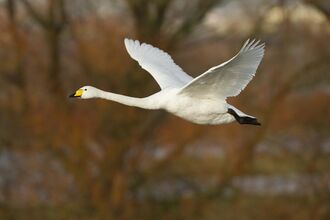
Winter visitors
Birdwatcher Tom Hibbert is dreaming of a twite Christmas
Credit: Kate English
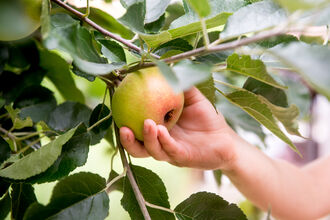
The cost of nature-friendly food is the subject of our next Wild LIVE panel event at the Oxford Farm conferences, and at the heart of the political dilemmas we face when working to restore nature…
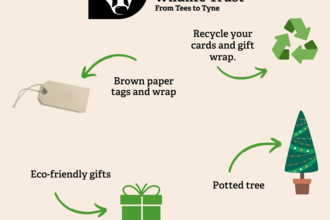
Whether you celebrate a big family Christmas, or you just give out a few cards to your friends and neighbours to wish them a happy time, here are some quick tips for a greener Christmas!
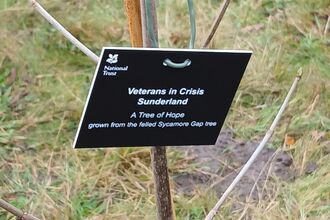
The Links with Nature team were invited to one of the project's greenspaces to watch the planting of a 'Tree of Hope', one of the saplings from the Sycamore Gap tree. Engagement…

It may be chilly, but December is a magical time of the year to be out under the stars.

Despite valiant efforts by nature champions in the House of Lords, last night saw the Government bulldoze the wildlife-harming Planning & Infrastructure Bill through its last remaining hurdles…
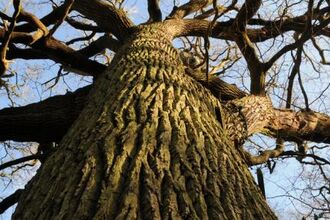
Ahead of the autumn budget, Head of Public Affairs Matthew Browne reflects on a blocker to green growth at the heart of Government
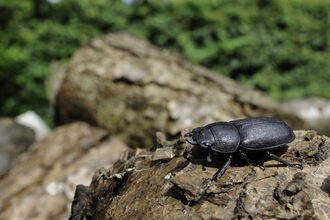
Tim Hill, Conservation Manager with Herts and Middlesex Wildlife Trust, is an enthusiast for dead and rotten wood and the animals that depend on it. Read on and find out why decaying trunks,…
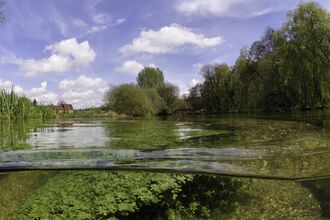
25 years on from the adoption of the Water Framework Directive, Ali Morse, Water Policy Manager, dives into the Directive and assesses whether its high ambitions have been met.